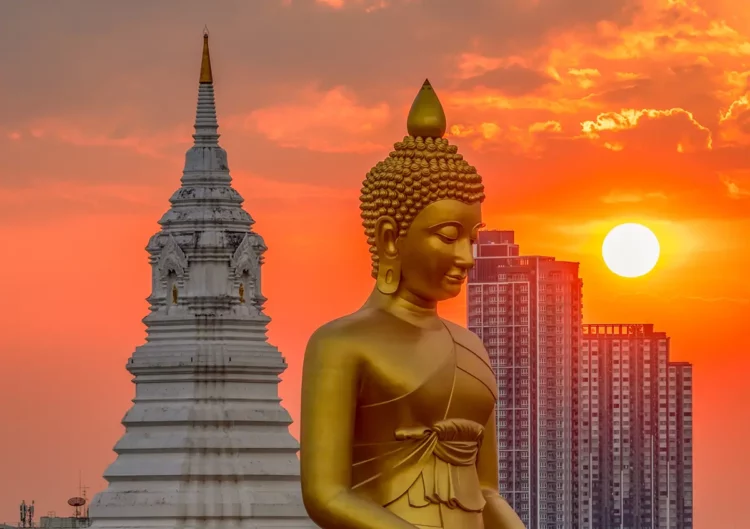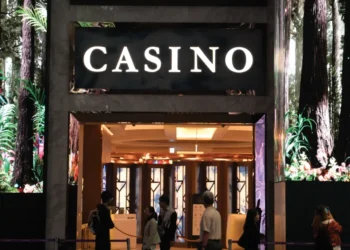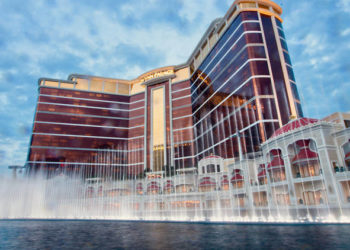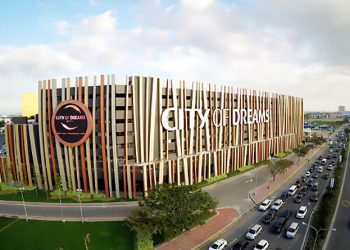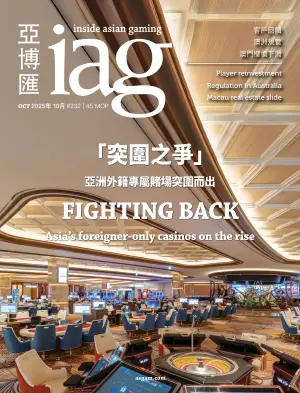Thailand’s ruling party Pheu Thai and its coalition partner Bhumjaithai are expected to maintain their alliance for the remaining two years of the government’s current term, but the fate of Pheu Thai’s casino legislation may well rest on whether the party is successful in earning another term.
The government, led by Prime Minister Paetongtarn Shinawatra, recently postponed parliamentary debate on the Entertainment Complex Bill until at least the next session, which starts on 2 July. The official line was that there were more pressing issues to discuss in the meantime, such as the response to US-imposed tariffs and the aftermath of the 28 March earthquake, although many believe that growing anti-casino sentiment may have influenced the delay.
There has also been tension between Pheu Thai and Bhumjaithai, fuelled by Bhumjaithai secretary-general Chaichanok Chidchob publicly declaring he would not support the bill. Leaders of both coalition parties have since insisted that the relationship remains solid.
The Bangkok Post reported late last week that it is expected the coalition will continue sticking together at least until the next election in 2027 as they rely on one another’s numbers in the House.
However, unless the bill is passed into law sooner rather than later, or Pheu Thai does a more effective job of allaying the fears of those who opposed the legislation, then the bill’s fate may depend on the outcome of the 2027 election. It also explains why Pheu Thai has, until recently, been so eager to push the casino bill through at breakneck speed despite industry experts warning it should take more time to conduct relevant studies.
In the meantime, the Senate is currently putting together a committee to comb through the bill in detail – a process that is set to begin on 23 April and take 180 days to complete.






